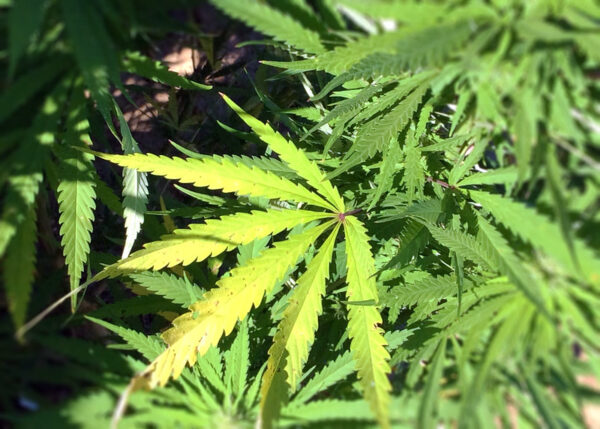
A bill awaiting debate in the U.S. House of Representatives would grant the U.S. Attorney General the power to grant federal cannabis research licenses, including for veterans suffering from PTSD. (Photo: NIH)
Update: The U.S. House of Representatives passed the Cannabidiol and Marihuana Research Expansion Act on April 1.
On March 24, the U.S. Senate unanimously passed the Cannabidiol and Marihuana Research Expansion Act, which gives the U.S. Attorney General the power to license federal cannabis research.
The bill was originally sponsored by U.S. Senator Dianne Feinstein, D-Calif. in 2021. It was received by the House of Representatives on March 28, where it is now awaiting further debate.
Currently, the U.S. Drug Enforcement Agency is the only entity that possesses the authority to grant licenses for cannabis research. Pro-cannabis organization NORML opposes this practice, noting that “for decades, scientists wishing to work with marijuana have complained that it often takes years before their research protocols are approved by the DEA, and that the quality of cannabis provided by the University of Mississippi’s cultivation program is of inferior quality and that it is not representative of the products available in state-legal markets.”
In recent years, numerous organizations have advocated for legalizing federal and state cannabis research to determine if it can be used as an effective treatment for conditions such as post traumatic stress disorder, including for veterans.
Recent federal studies listed by the National Center for Biotechnology Information, or NCBI, including a 2019 study conducted by Laura Orsolini et al. and a 2015 study authored by Stephanie Yarnell both concluded that existing research was insufficient for determining if cannabis was a viable treatment for PTSD. Both, along with many additional federal-sanctioned investigations, called for additional research.
The U.S. Department of Veterans Affairs, however, contends that existing cannabis research is sufficient and that marijuana should not be used for PTSD treatment.













